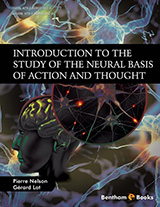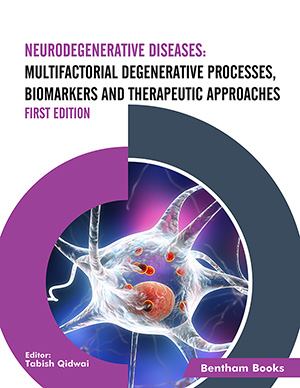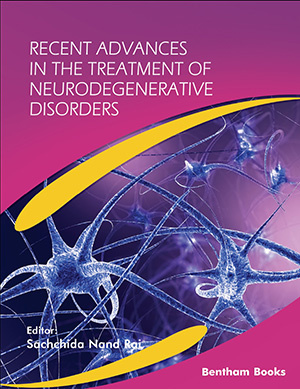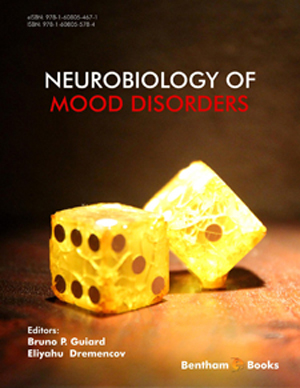Abstract
Thyroid hormone deficiency or excess may cause emotional disturbances
and mood disorders, encompassing major depressive syndromes and bipolar disorders,
along with various other neuropsychiatric conditions, some of which may have
developmental origins. In particular, profound long-term untreated hypothyroidism can
culminate in severe psychosis, historically referred to as myxedema madness.
Addressing the underlying thyroid condition typically proves highly effective in
rectifying the associated brain disorder. Subclinical thyroid diseases have also been
implicated in emotional and cognitive disorders, prompting inquiry into the optimal
treatment window. Moreover, thyroid hormones have demonstrated potential in
expediting or augmenting the effects of standard mood disorder treatments in euthyroid
patients, hinting at a baseline state of localized cerebral hypothyroidism with an
uncertain pathogenesis, potentially remediable through high doses of thyroid hormones.
Keywords: Alzheimer’s disease, Bipolar disorders, Depression, Hypothyroidism, Hyperthyroidism, Mood disorders, Rapid cycling, Subclinical hypothyroidism, Subclinical hyperthyroidism.









